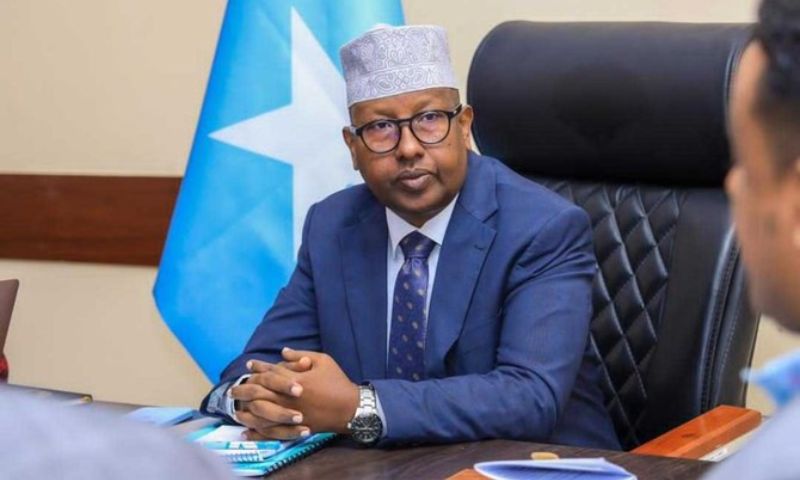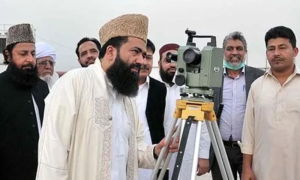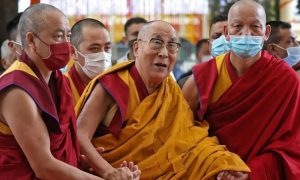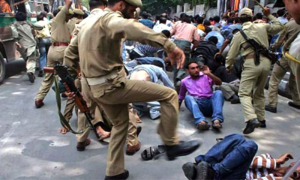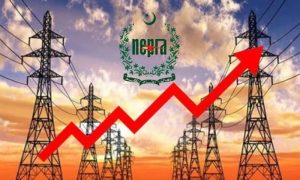NAIROBI: Somalia’s government has requested the end of a UN political mission that has advised it for more than a decade on peacebuilding, security reform and democracy, according to a letter the country’s foreign minister wrote to the Security Council.
A request for the 360-member United Nations Assistance Mission in Somalia (UNSOM) to leave when its mandate expires in October has caught the mission by surprise, three UN officials said on condition of anonymity.
Faced with ongoing conflict since 1991, including a two-decade-long insurgency by al-Qaeda-linked militants, Somali authorities have taken steps to restore services and ensure security. But the Horn of Africa nation of 17 million remains one of the most violent and poorest in the world.
The end of the political mission is separate from the UN-mandated African Union peacekeeping mission, which currently includes at least 10,000 troops, which is expected to withdraw and hand over to the Somali state by the end of this year.
Three UN officials confirmed the authenticity of the May 5 letter that circulated on social media on Thursday. Somali officials did not respond on the move.
Foreign Affairs Minister Aimed Moa Fiji did not give reasons in the letter, saying only that the government believes “it is now appropriate to move to the next phase of our partnership”.
READ ALSO: KSrelief to Restore Homes Affected by Aleppo Earthquake
A Somali presidential adviser confirmed the authenticity of the letter and said Somalia no longer needed support from the United Nations to coordinate with the international community, as was the case with UNSOM.
“UNSOM played a key role but has now outlived its usefulness,” the adviser said, adding that the mission also had a high annual cost of $100 million.
Matt Bryden, a Somalia analyst and co-founder of the Sahan think tank, noted that the federal government has previously accused UNSOM of interfering in internal affairs.
President Hassan Sheikh Mohamud is trying to centralize authority through constitutional changes and other reforms, while UNSOM is trying to balance the federal government’s agenda with individual states’ desire for greater autonomy, Bryden said.
In a statement to media, UNSOM said Somalia’s request was “a testament to UNSOM’s work in supporting the Somali authorities in recent years”.
Other UN offices, including humanitarian agencies, will continue to operate in Somalia, said UNSOM, which was created in 2013.









